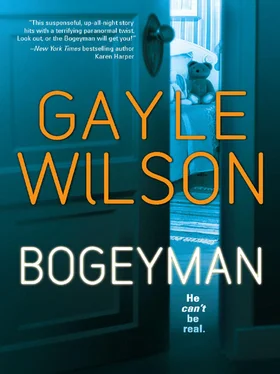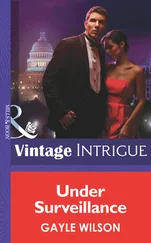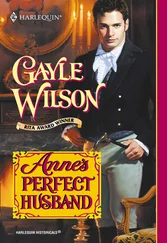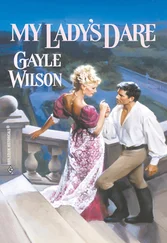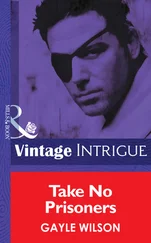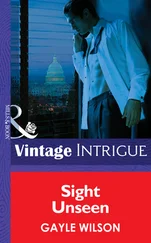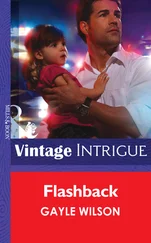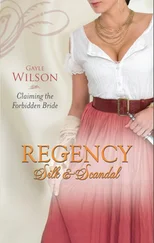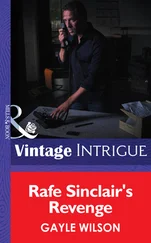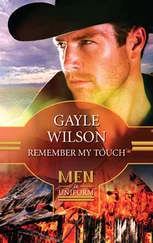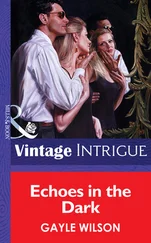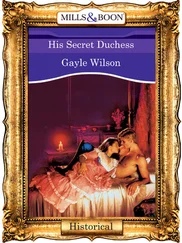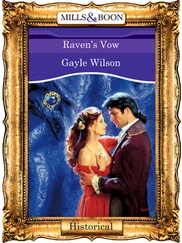Blythe shook her head, not bothering to explain the dismissive attitude of the psychologist or her loss of faith in her advice. At first Blythe had attempted to obey her dictate not to try to wake Maddie, but the terrors had seemed to intensify as well as increase in frequency. And if something unnatural was going on at the house to cause them…
Once more the question hovered on the tip of her tongue. Ruth and Delores had lived in this town for more than eighty years. If that house had a history of violence or death, they would know about it.
Are you seriously considering asking them if the house you’re living in could be haunted?
Blythe pressed her lips together instead, knowing how much a question like that would worry her grandmother. In Ruth Mitchell’s world, when people died, they went to heaven or to hell. They didn’t hang around knocking on windows or causing little girls to have nightmares.
Besides, if Blythe really wanted to know what had happened at the place she was renting, there were other ways to go about it. Ways that wouldn’t alarm anyone or make them question her sanity. Something she was doing quite nicely, thank you, all on her own.
Ada Pringle had been the librarian in Crenshaw since Blythe was a child. Despite the more than fifteen years since Blythe had seen her, the woman had changed very little.
Her hair and penciled brows were still coal-black, which made Blythe realize that the former had probably been dyed even then. And Ada’s eyes still peered disapprovingly at her over the top of a pair of tortoiseshell half glasses.
Although the library was deserted at this time of the afternoon, the effect of that look was the same as when Blythe had been twelve and asking for help to find information needed for school. As if she had no right to pester Miss Ada with a request for service.
“Good afternoon, Miss Pringle.”
“Blythe Mitchell, as I live and breathe. Heard you was back.”
Blythe waited, expecting the conventional welcome-home comments. None were forthcoming.
“For almost two months now,” she said with a smile.
“Not living at your grandmother’s, I hear.”
“Well, there’s moving home, and then there’s moving home.” It was quickly obvious her attempt at humor had fallen flat. There had been no change in the brown eyes. “We decided to get our own place.”
“Heard you have a little girl.”
“Maddie. She’s four. I’ve been meaning to bring her by. She loves books as much as I did when I was that age.”
“Children ain’t allowed till they start school. Same as it’s always been,” Ada said. “Now what can I do for you?”
Blythe suddenly remembered why, voracious reader that she had always been, she hadn’t enjoyed coming here. And if there were any other option for what she needed, she would be tempted to walk out now.
“As I remember, you have bound copies of the Herald.”
The Crenshaw Herald was a weekly, but it was the only game in town. Most of its pages were devoted to church and club activities and athletic events at the school. The editor had always thoughtfully included anything newsworthy that had happened between issues, although it was probable that everyone might already know all the details through the ever-efficient community grapevine.
“Since the beginning. Most libraries have gone to microfiche, but as long as the pages hold together, I’ll keep the papers themselves,” Ada said. “That’s how I like to read ’em. I figure I’m not the only one.”
“I’d like to see them, please.”
“Of course.” Ada’s words were abrupt, but she lifted the hinged section of the counter she’d stood behind, moving briskly past Blythe and toward the tall shelves at the back of the room. By the time Blythe arrived, Ada was pointing to a row of huge, leather-bound books, each marked in gold on the spine with the words Crenshaw Herald and a year.
“Anything in particular you’re looking for?”
Accustomed to the anonymity provided by a city like Boston, Blythe hadn’t anticipated the question. Given the objective of her research, she didn’t intend to share that information with a gossip like Ada.
“Just a little local color.”
“Local color?”
“Stories about the people and the community. I have several years to catch up on.”
“You still writin’ those articles, are you?” Ada’s tone sounded slightly disapproving.
Blythe had written three or four short travel essays for one of the regional magazines while she’d been in college. She hadn’t thought about them in years, but she was sure Ruth had made certain everyone in Crenshaw was aware of them. She might even have donated copies of those issues to the library.
“It’s always a possibility,” Blythe said, seizing on the excuse Ada had offered. “If something interesting turns up.”
All she wanted was to be left alone back here with the newspapers. Maybe this was a wild goose chase, but she believed that if there had been any sort of violence associated with the house she was renting, it would be detailed in the Herald.
When she’d dropped her daughter off this morning, she had asked her grandmother to keep Maddie this afternoon as well, pleading the need to investigate a couple of opportunities for employment. She would do that, too, before she picked the little girl up, but only in the most current issue of the Herald, which came out today.
“What kind of ‘interesting’?” Ada prodded. “More touristy stuff?”
The deprecating tone rankled. Granted, Blythe didn’t consider herself a writer, but she had been paid for that work. “Whatever will sell. As I said, something interesting.”
Ada’s eyes considered her over the top of her glasses. “If you’re looking for something that’d make money…”
The librarian ran her finger along the row of books until she found the one she was looking for. “I know it happened this year. Same as the flood in Sanger. My aunt’s house was damaged in that. And I know it was in the winter, so…” She pulled a volume off the shelf and laid it on one of the long empty tables and began flipping pages.
“I’m sorry?” Blythe had no idea what Ada was looking for.
“Sarah Comstock,” the librarian said, glancing up at her quickly before she went back to thumbing through the newspapers.
Blythe hadn’t thought about the Comstock murder in years. She’d been a little girl when it had happened, maybe five or six years old. Just slightly older than Maddie, she realized.
Although no one had talked openly about the murder in front of her, she had known. All the children in Crenshaw had known that Sarah had somehow been stolen from her room, taken from a bed where she’d slept beside her sister, and brutally murdered.
Blythe had come to the library looking for some incident of violent death. Yet for some reason, she had never thought about Sarah Comstock’s.
The newsprint continued to turn under Ada’s long, thin fingers. Suddenly the librarian’s hand stilled. She smoothed the pages on either side of the open book so that they lay flat and exposed.
“December. Thought so, but I wasn’t sure. I’ll get the next one, too, ’cause I know those stories ran for months.”
She turned back to the shelf, leaving the first volume on the table. The grainy picture in the center showed several men in uniform standing in the area the locals had always called Smoke Hollow. There was no body visible in the photograph, and Blythe was infinitely relieved not to have to view even a picture of a child-size corpse. With the sickness that thought created in the bottom of her stomach, she almost reached out and closed the book.
Before she could, Miss Ada laid another beside it. “First few months of this one, too. I don’t think the paper carried the story in depth much longer than that. Not a lot to cover.”
Читать дальше
